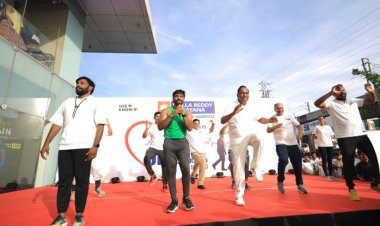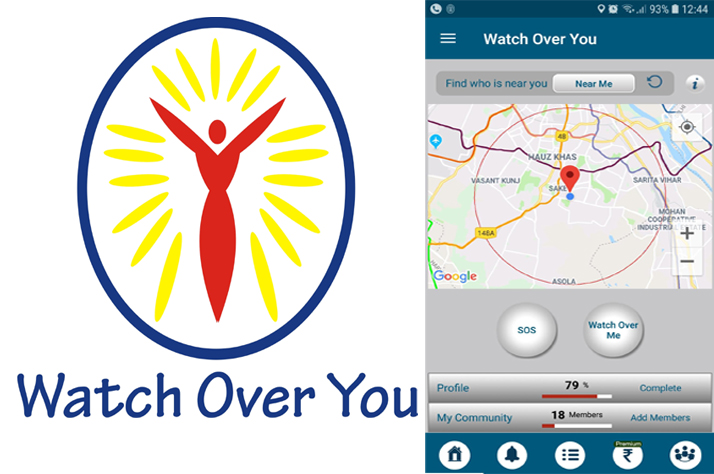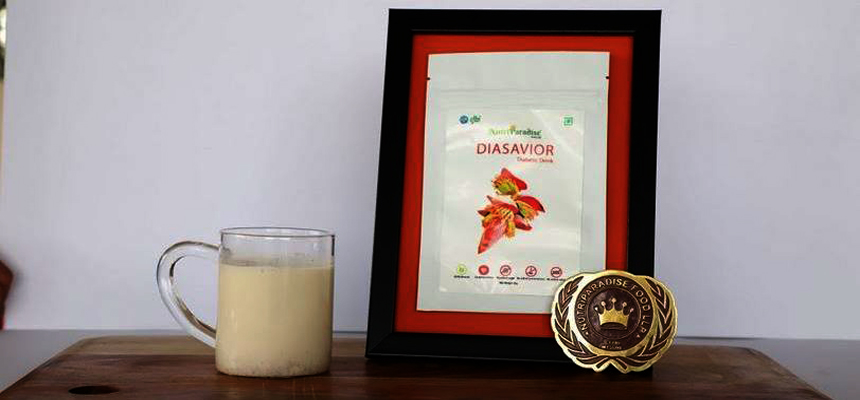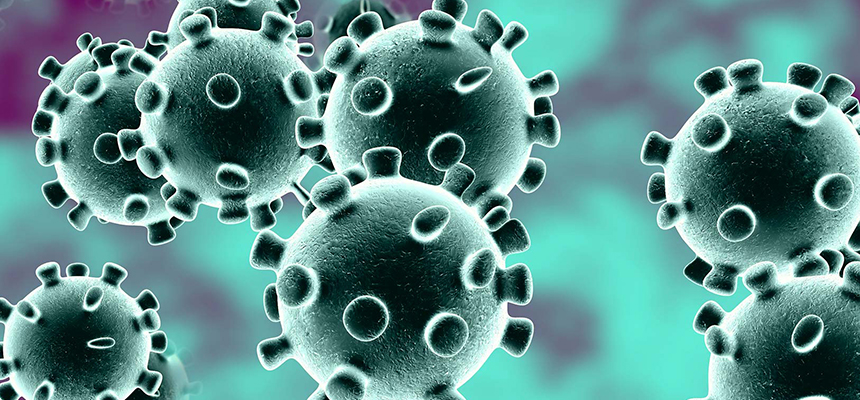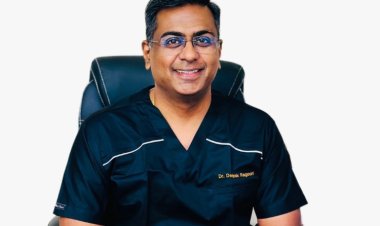Trick is to identify high blood pressure early
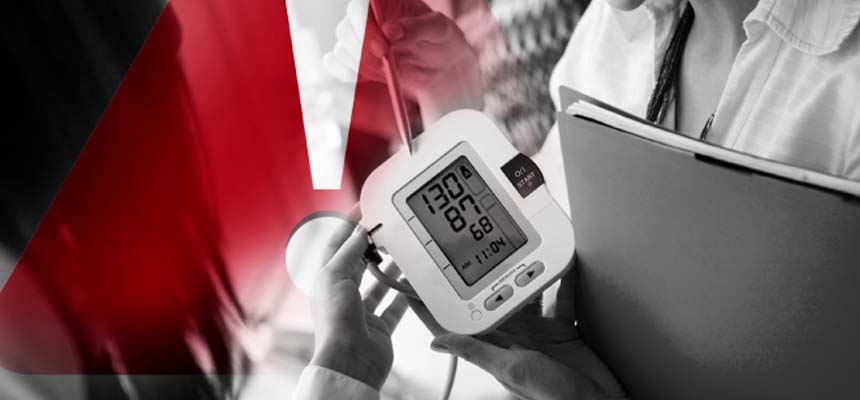
High blood pressure should be treated earlier when it reaches 130/80 mm Hg rather than 140/90, according to the first comprehensive high BP guidelines in the US in more than a decade. The guidelines are being published by the American Heart Association (AHA) and the American College of Cardiology (ACC) for detection, prevention, management and treatment of high blood pressure. Dr Krutik Kulkarni, consultant cardiologist at Olive Hospitals explains:
![]() Why has the level of high blood pressure been reduced from 140/90 to 130 by 90 what are the reasons for the same?
Why has the level of high blood pressure been reduced from 140/90 to 130 by 90 what are the reasons for the same?
Ans 1. ACC/AHA found increased number of target organ damage complications due to Hypertension in Lower BP groups as well (which was earlier classified as prehypertension) compared to people with Normal BP. So they Lowered the threshold of diagnosis criteria to identify the potential patients and institute preventive measures at the earliest. This is the target population which will benefit most with preventive measures like lifestyle modification etc. So the earlier category of Pre Hypertension was included in stage 1 hypertension. Also it improves the awareness in the population about the earliest action to be taken in such cases.

![]() Is it to benefit the pharmaceutical companies?
Is it to benefit the pharmaceutical companies?
Ans 2. The lowered BP criteria DOESN'T MANDATE DRUG TREATMENT at that level! This point needs to be emphasized very clearly by Physicians that it DOES NOT lower the BP threshold for starting with medication. So no need to start with medications. It indicates the risk profile and necessary changes to be made before considering for Medications for high BP. The newer definition will be helpful for treating cases earlier and for insurance reembursments etc NEWER BP CRITERIA are basically like a YELLOW TRAFFIC LIGHT (to be careful) FOR POTENTIAL HYPERTENSION PATIENTS.
![]() Do all people who have 130/90 will be high blood pressure as sometimes pressure shoots up due to stress at work and normalizes later. How must doctors at the clinical level evaluate the same?
Do all people who have 130/90 will be high blood pressure as sometimes pressure shoots up due to stress at work and normalizes later. How must doctors at the clinical level evaluate the same?
Ans 3. There are guidelines for recording BP, like pt should be rested for at least 20mins , no caffeine or tobacco usage in Last 2hrs etc. Most importantly Multiple BP recordings is the Norm before labeling someone as hypertensive. It should not be a problem to differentiate the hypertensive patients, if clear directives on recording BP are adhered to.
![]() For the Indian population, the 130/90 will add a huge number of people into the net. What will be the implications? Also once the medicines are started they have side-effects and they also have to be taken lifelong? How does it impact the health?
For the Indian population, the 130/90 will add a huge number of people into the net. What will be the implications? Also once the medicines are started they have side-effects and they also have to be taken lifelong? How does it impact the health?
Ans 4. The implications in Indian scenarios will be more awareness and more strict adherence to preventive measures. Which will definitely benefit the population in general. Obesity, Sedentary Lifestyle, Stress and High oral salt intake etc can be tackled easily with dietary and lifestyle modifications so patients once diagnosed hypertensive with newer criteria may not continue to remain hypertensive for rest of life. Regular assessment of the individual will be necessary.
![]() Can lifestyle changes help to bring it down?
Can lifestyle changes help to bring it down?
Ans 5. Yes they do help a great deal. Obesity, Stress & Sedentary Lifestyle can be easily changed by individual and it will benefit lot in hypertension management at any stage of hypertension.
![]() What about those who have hidden blood pressure or their blood pressure shoots up only at night? How will these patients be identified? They are still a huge number who do not come in the medical checking? Will it impact these people too?
What about those who have hidden blood pressure or their blood pressure shoots up only at night? How will these patients be identified? They are still a huge number who do not come in the medical checking? Will it impact these people too?
Ans 6 Regular Health Check ups is a essential part of prevention. Social measures, free health camps can unmask potential patients early.
ABPM - (BP machine is worn for 24h which records multiple times) is a ambulatory 24h BP measurement is a method of diagnosing hidden hypertension which might be missed in routine OPD settings.
For Appointments : Dr Krutik Kulkarni, consultant cardiologist at Olive Hospitals

 Disclaimer: Welthi.com does not guarantee any specific results as a result of the procedures mentioned here, and the results may vary from person to person.
Disclaimer: Welthi.com does not guarantee any specific results as a result of the procedures mentioned here, and the results may vary from person to person.
